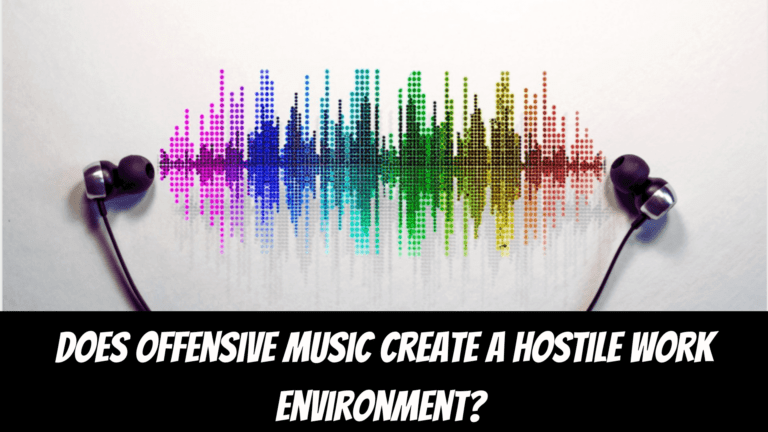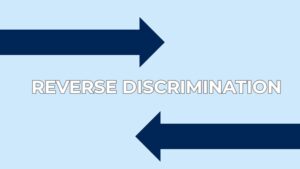Provocative music in the workplace such as Eminem’s “Cleaning Out My Closet” and Too $hort’s “Blow the Whistle” recently came under fire due to a hostile work environment claim filed by eight former employees of S&S Activewear. The plaintiffs alleged that many employees, “mostly women,” complained to the employer about the “obscene and sexually offensive and misogynistic character” of the music being played in the workplace, including by various employees that placed speakers on a forklift and drove around the facility blasting the music. Notably, “a number of men” were also “offended by the manner in which the music portrayed men and their relationships with women.” The employer argued that the conduct was not discriminatory on the basis of sex, emphasizing that “both men and women were offended by the work environment allegedly created by the music played in the warehouse.” This defense, commonly known as the “equal opportunity harasser defense,” asserts that employers are shielded from liability where there is evidence that employees outside of the protected group have been subjected to the same or similarly objectionable behavior.
In examining the claims, the district court relied on Supreme Court precedent from Oncale v. Sundowner Offshore Servs., Inc., finding that the crucial issue was “whether members of one sex are exposed to disadvantageous terms or conditions of employment to which members of the other sex are not exposed.” The district court therefore held that plaintiffs had failed to state a claim as a matter of law “because both men and women were offended by the . . . music.”
The Ninth Circuit, however, vacated the district court’s dismissal and remanded the case for further proceedings, finding that routinely blasting “sexually abusive and misogynistic” music throughout the workplace, whether offensive to women or men (or both), could constitute sex-based harassment for both men and women. The Ninth Circuit held that the fact that the music was offensive to both men and women and was audibile throughout the warehouse did not nullify any discriminatory potential of the claim presented. The Court noted that, under Title VII, it is “an unlawful employment practice for an employer . . . to discriminate against any individual with respect to the terms, conditions, or privileges of employment, because of such individual’s . . . sex”, and further, employees’ factual allegation that the employer permitted violent, misogynistic, and sexually offensive music to be blasted throughout the workplace served to state plausible claims of sex-based harassment. It is possible that the lyrics were demeaning to men as well as women by typecasting the men as pimps, murderers, or rapists.
Several courts have held that a work environment rife with words or conduct that are offensive and degrading to women, even if women were not targeted for the offensive conduct, can give rise to discrimination claims because such an environment imposes a greater disadvantage on women with respect to the terms and conditions of their employment than men. An employer cannot cure harassment of female employees by harassing male employees with equal intensity
If you have questions about your rights as a worker, please contact the attorneys of Pechman Law Group at 212-583-9500.




